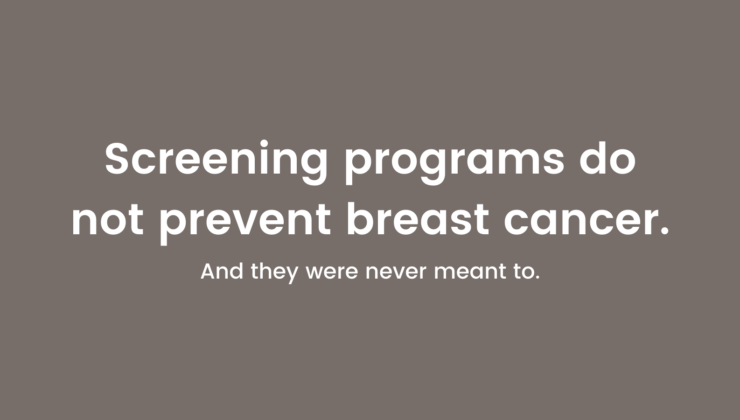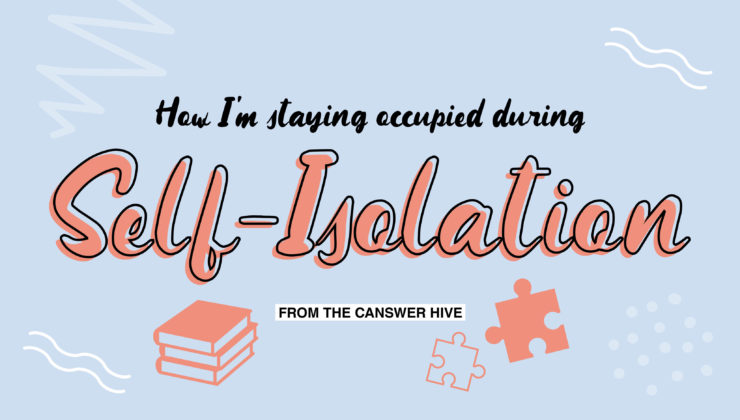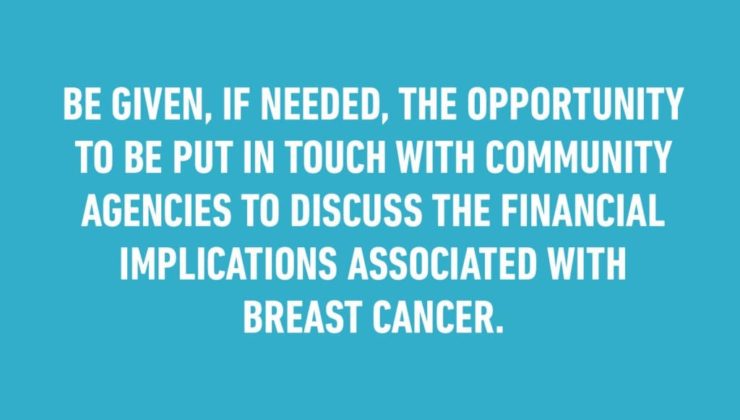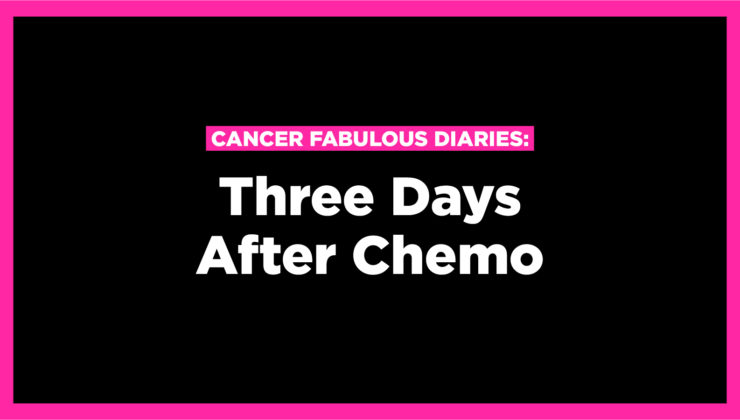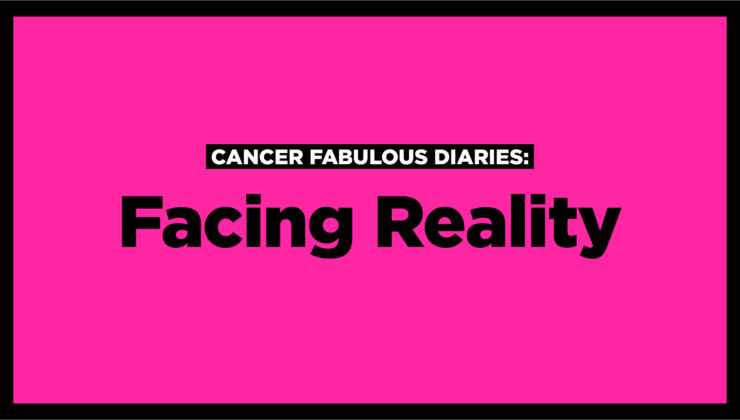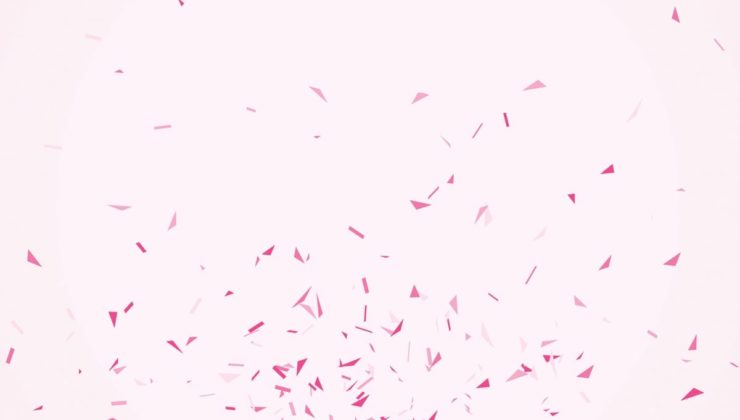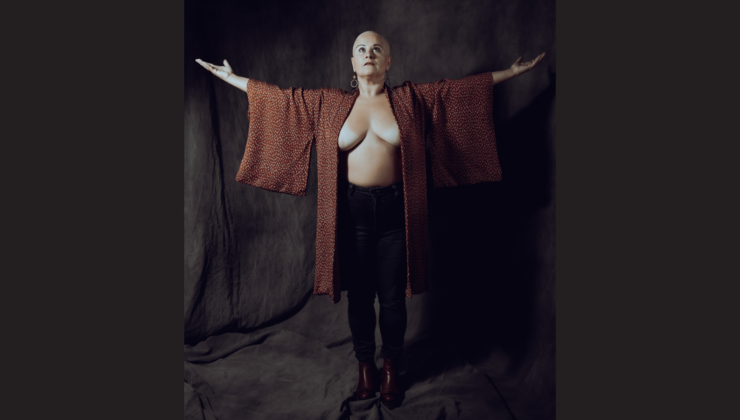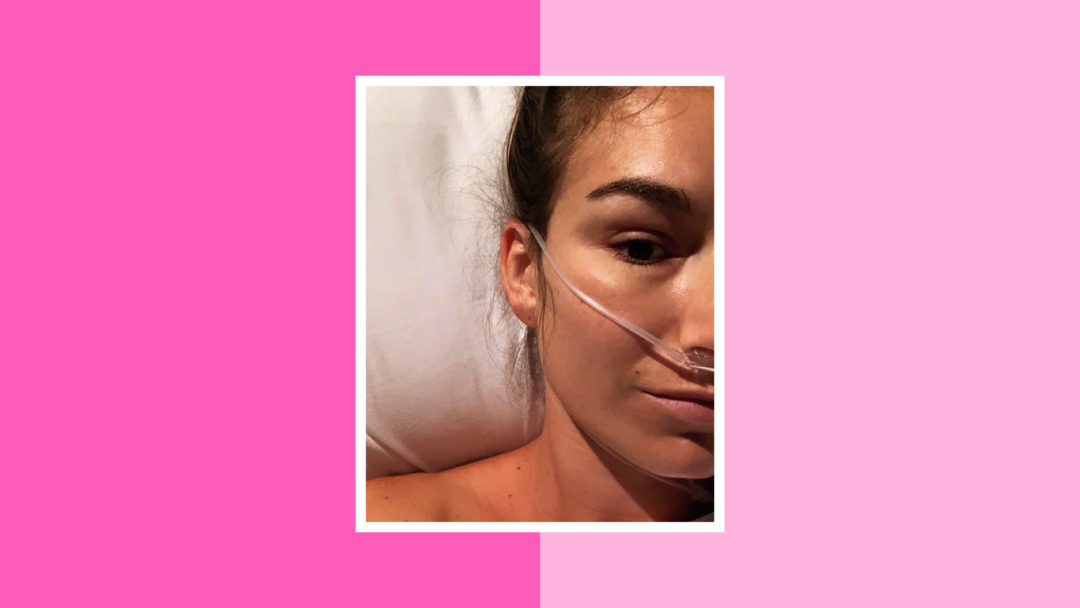
How I Finally Accepted My Body After A Preventative Double Mastectomy
As women, the importance of positive body image is taught from a young age, and yet continues to be something that we grapple with, long into womanhood.
From magazine advertising to Instagram feeds of beautiful bodies, we are challenged daily to consider the value of beauty, of what it means to ‘self-love’, to accept diet-culture like we might a change in season. Our very ability to perceive inner beauty and body acceptance becomes increasingly warped every time we open our social media feed.
Then, when things start to settle, when we think to ourselves, ‘I’m older now, I accept and appreciate the body that I have,’ life throws you a wrench, and the hard work of self-acceptance is unpicked as quickly as a thread pull in your favourite sweater.
For me, that wrench was the very real reality that I may one day face breast cancer like my mother, with the BRCA2 mutation and a family history revealing an 85% lifetime risk.
With that, my years of body image acceptance came unravelling, and fast, as a preventative double mastectomy was presented as the best and safest option to eradicate my risk.
Below are some of the thoughts I experienced along the way to self-acceptance pre, during and post mastectomy, to where I am today; a self-loving woman no longer defined by my beauty, nor valued by the sum of my parts.
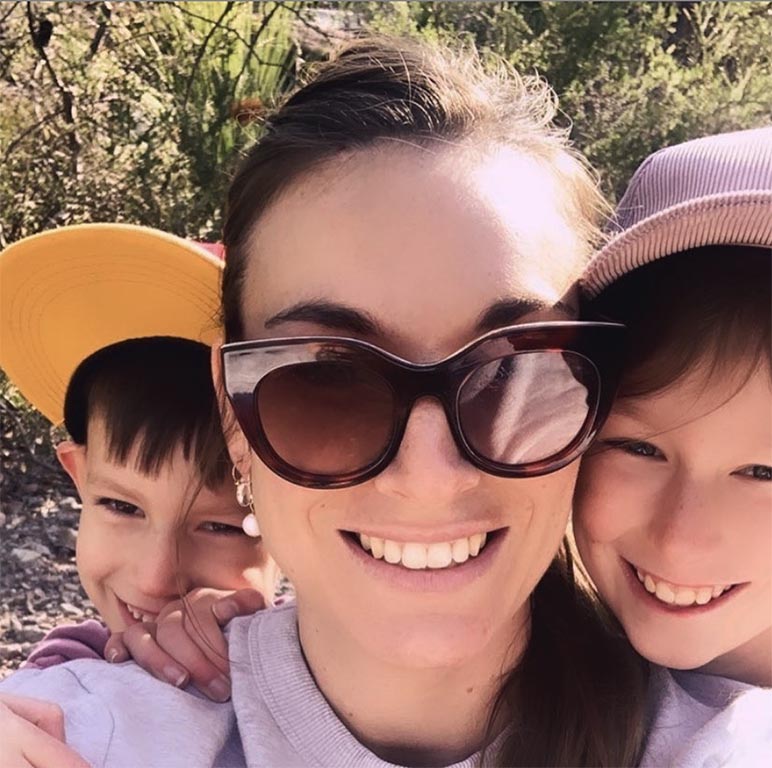
‘My womanhood is compromised’
When I first learnt that losing my breasts was the only option I had to help prevent a breast cancer diagnosis, I grappled almost daily with the very real reality that my womanhood was in some way jeopardized by the removal of the body part, which society tells me I need in order to be sexy, to be beautiful, to be a woman. After all, social media tells me this to be true, and if I was no longer able to nourish a child, what use was I as a woman?
Yet, spending time and becoming increasingly ingrained within the world of high-risk women, I’ve quickly come to learn that with or without my ‘real’ breasts, I am more woman today than I have ever been. My femininity, my womanhood no longer makes me feel like less of a woman. Because you don’t need breasts to be or identify as a woman.
‘My breasts are ugly’
Whilst the original plan was to go for immediate reconstruction, my body shape meant it was far more likely I would require a tissue expander as an intermediate step, with delayed reconstruction. My surgeon and I talked about the pros and cons of both and agreed that the short-term inconvenience of an expander, was far outweighed by the benefit of them, and so it was agreed that whilst she’d do her best to go direct to the implant, she ‘wouldn’t know until she was in there’ as to whether she could make it happen.
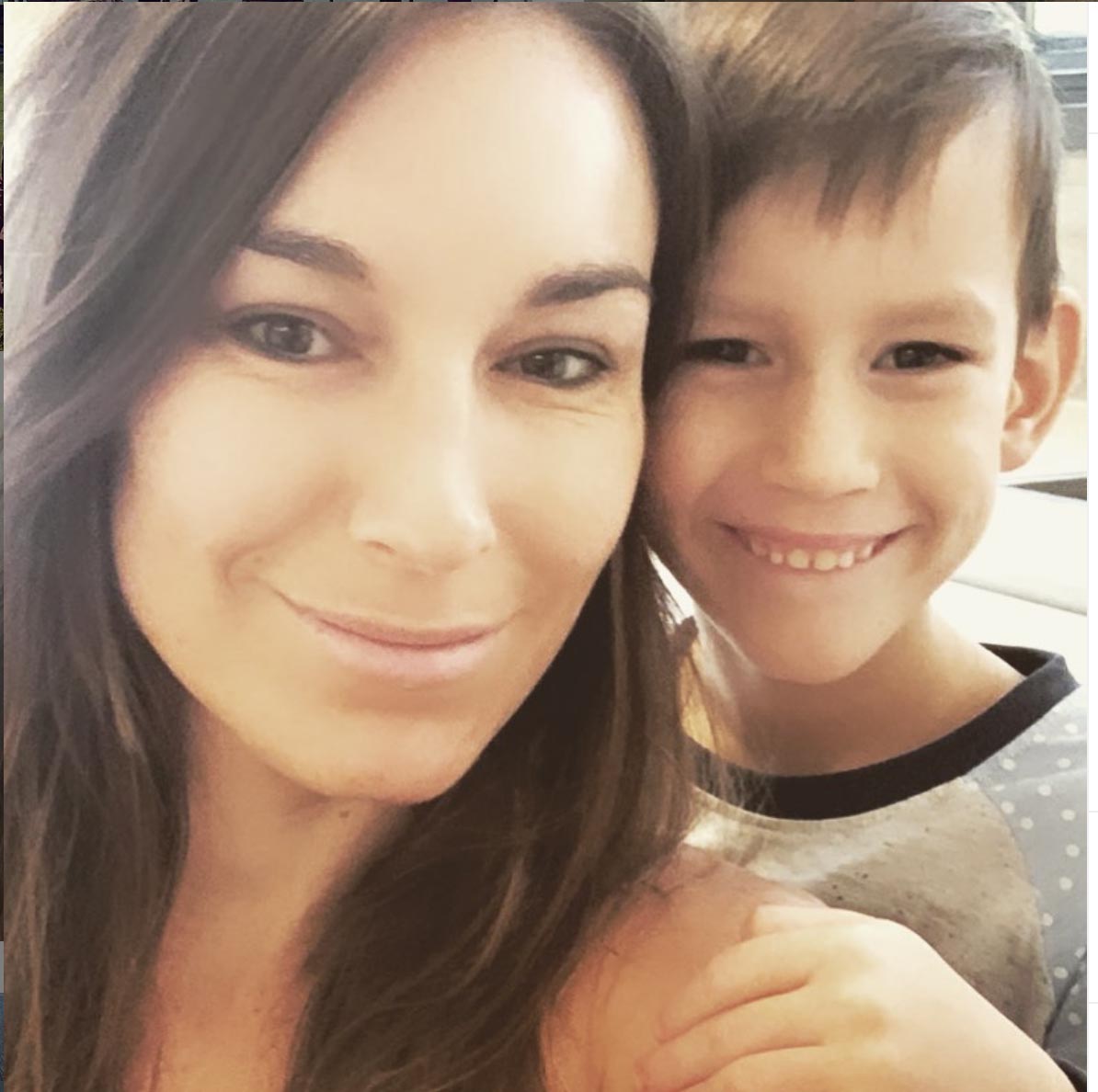
When I woke in recovery, the first words I uttered to the nurse beside my bed were, ‘expander or implant?’ She looked from me to her notes and back again, responding that I had a tissue expander. My world shattered.
At the time, my grief was the response to knowing I would need another surgery, but this quickly shifted, as I realized, I did not have the courage to look down at my chest. To accept what I had done to myself because for anyone who has had the experience of a tissue expander knows, they resemble a deflated balloon more than a breast, until they are at a reasonable fill.
It took many weeks, and a very tenacious breast care nurse, to get me in front of a mirror, to look without turning away at what I had done and my ‘ugly’ chest.
However, what I had done was not ugly. What I had chosen to do was courageous, bold, and it was the right decision for me. Though this took some time, a lot of gratitude practice and quite a few tears, I came to recognise that these odd-shaped breasts were a stepping-stone to a cancer-free future and not something to be feared.
‘Will I ever look good naked?’
While I was fortunate to have an accepting husband along for the mastectomy ride, it’s not unsurprising that for so many of us, the loss of sensation and the initial bolt-on aesthetic of an implant-based reconstruction can leave us feeling self-conscious in the bedroom.
With this comes perhaps the biggest body image challenge to overcome – will I ever look good naked?
The answer is uniquely individual I’ve discovered, and very much stems from our own perception of what looking good naked truly is for each of us.
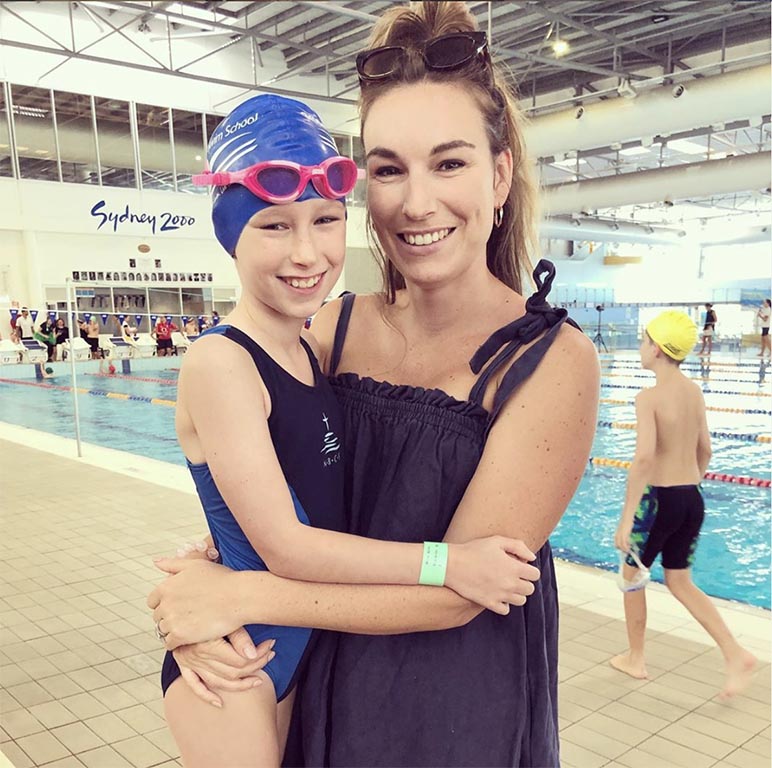
For me, unpacking this came down to the value I placed upon my aesthetics, over and above my confidence as a woman.
By growing to accept and even celebrate the courageous decision to remove my breasts, my confidence grew, and from here, I was able to acknowledge that while things wouldn’t ever quite be the same in an intimate setting, as they were pre-mastectomy, I was liberated in my choice to take control of my health, and with that, came confidence in myself, as an individual – in and out of clothes.
As I continue to navigate and connect with incredible women making brave decisions every day to take control of their health, I realize that being a beautiful body, being body confident, and being woman is simply a state of mind. It is not defined by our biology.
Instead, my value in this world is no longer defined by the brand of clothes I wear, or my dress size, but is instead defined by my courage, my contribution to the world and the powerful use of my own emotional intelligence to navigate life and guide my children through the world to be the best humans they can be, from the inside out.
Are you struggling to accept your post-surgery body? Click here to read how other Rethinkers achieved body acceptance.
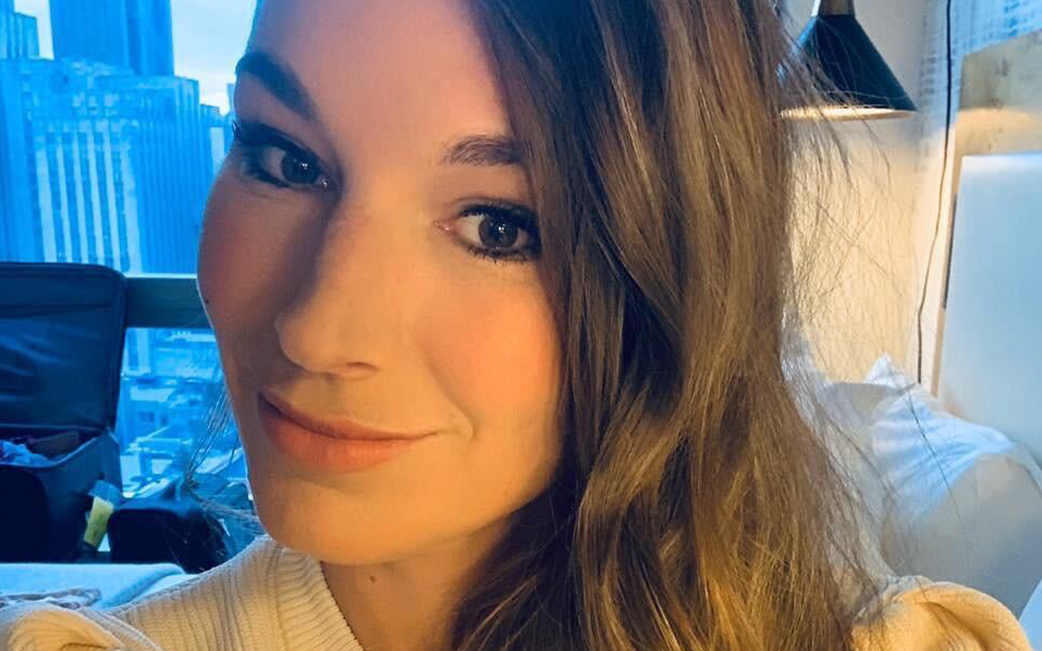
Hannah is a BRCA2 mutation carrier and mother to two beautiful children, Bonnie and Joey. After discovering she carried a genetic mutation which increased her lifetime risk of breast cancer to 85% and lifetime risk of ovarian cancer to 60% at the age of 23, Hannah underwent high-risk screening until the age of 30 when she decided she could no longer wait for ‘when’ cancer would strike, like the long line of women in her family before her.
As deputy CEO of Australian preventative health not-for-profit, Pink Hope, Hannah works the organisation to achieve their mission of ensuring every Australian family is educated to #KnowTheirRisk of developing breast and ovarian cancer, so they can #changetheirfuture

